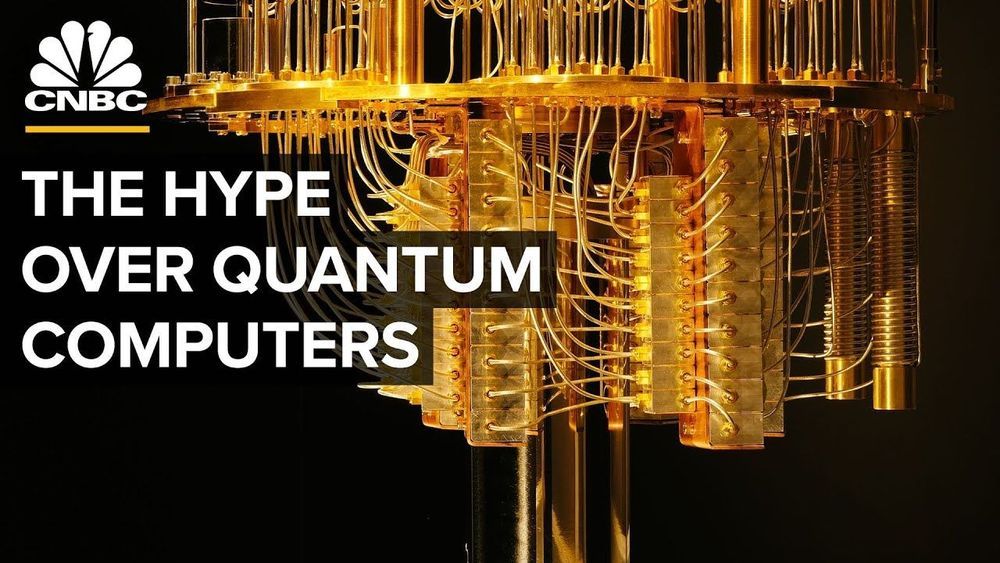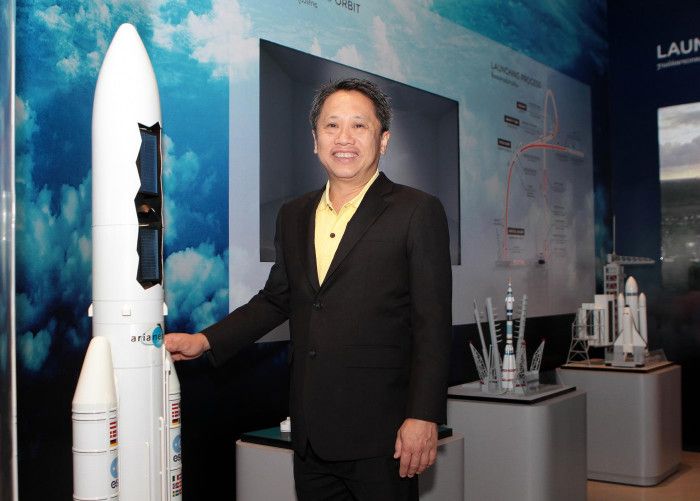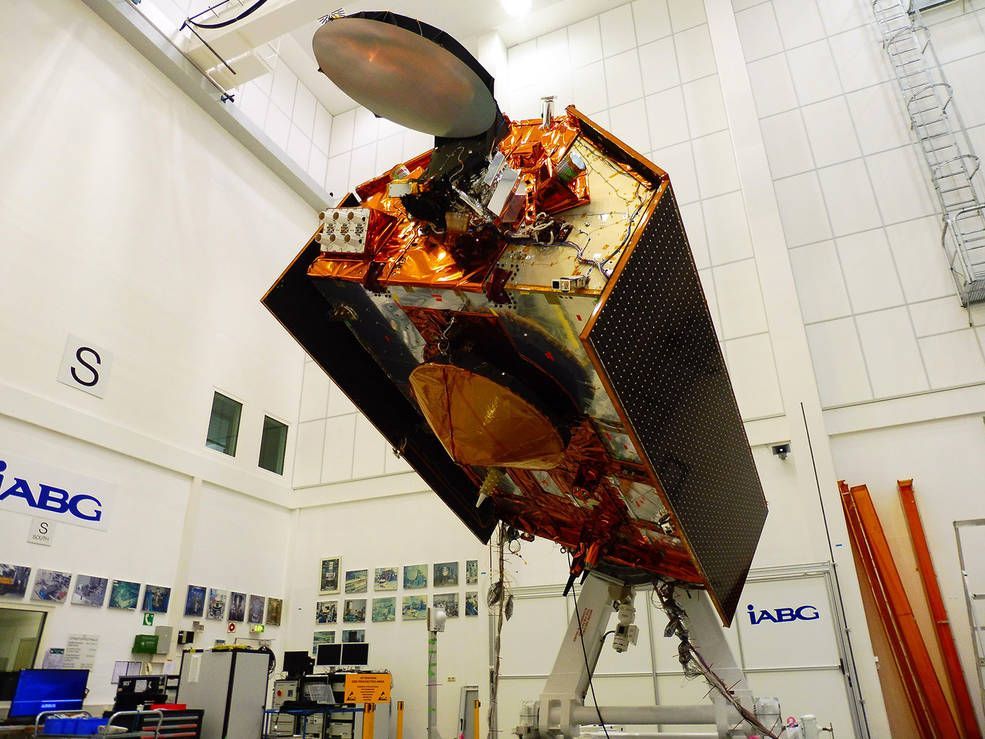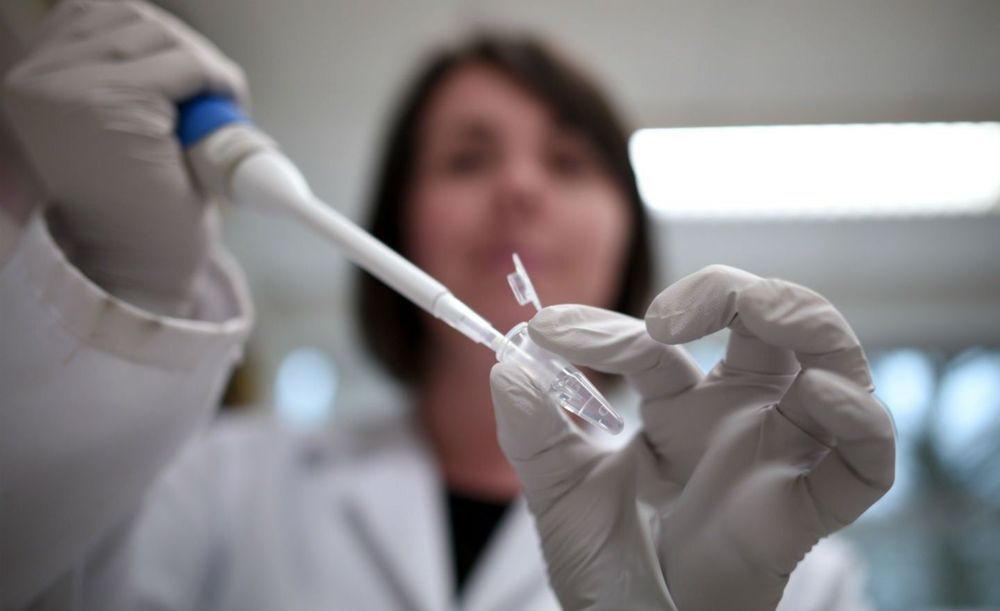
One of the new products unveiled at CES this year is a new kind of home security system — one that includes drones to patrol your property, along with sensors designed to mimic garden light and a central processor to bring it all together.
Sunflower Labs debuted their new Sunflower Home Awareness System, which includes the eponymous Sunflowers (motion and vibration sensors that look like simple garden lights but can populate a map to show you cars, people and animals on or near your property in real time); the Bee (a fully autonomous drone that deploys and flies on its own, with cameras on board to live-stream video); and the Hive (a charging station for the Bee, which also houses the brains of the operation for crunching all the data gathered by the component parts).
Roving aerial robots keeping tabs on your property might seem a tad dystopian, and perhaps even unnecessary, when you could maybe equip your estate with multiple fixed cameras and sensors for less money and with less complexity. But Sunflower Labs thinks its security system is an evolution of more standard fare because it “learns and reacts to its surroundings,” improving over time.









